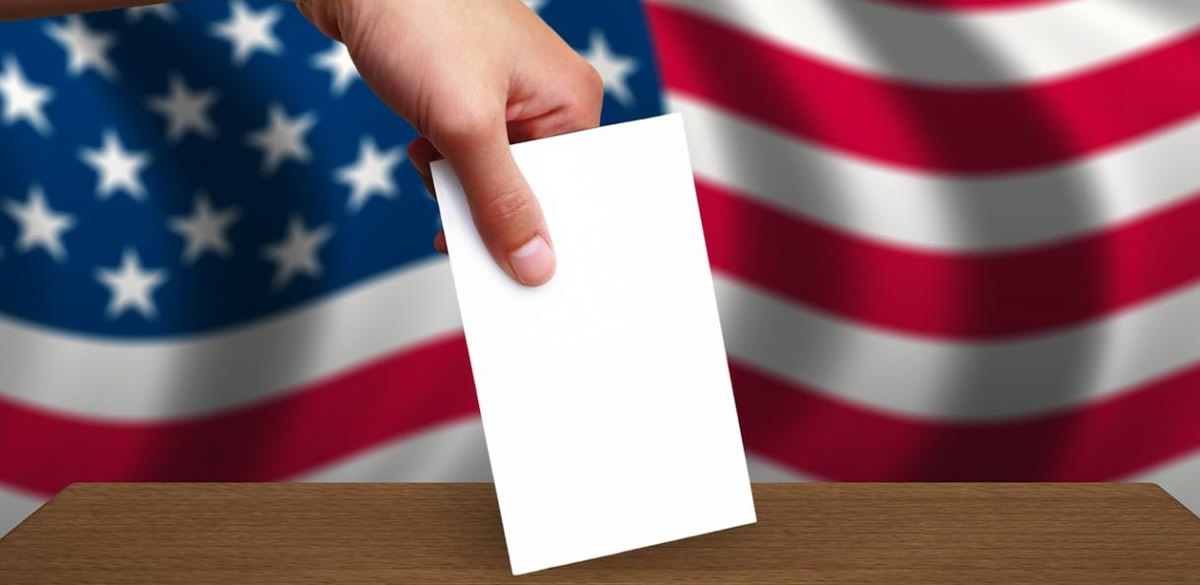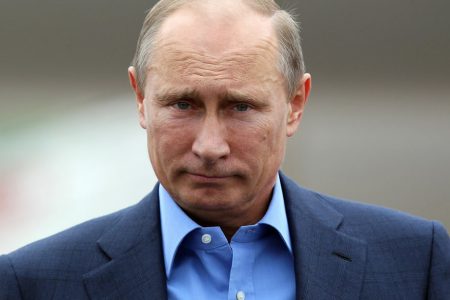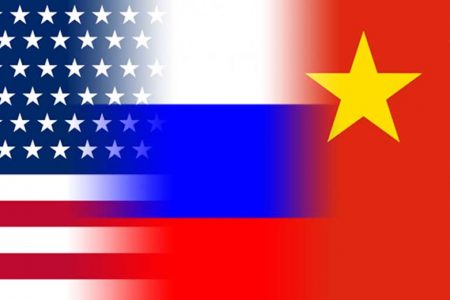The response by most Americans, less so by one president-elect, to Russian meddling in the U.S. elections is reminiscent of a memorable scene in the movie classic Casablanca. When informed of gambling at Rick’s Café, Captain Louis Renault, aka Claude Raines, blurts out “I am shocked,” as he is being handed his cut of the winnings. Public outcry and outrage to what almost certainly was direction from President Vladimir Putin’s office to intervene in American politics has struck a parallel chord of “how could they dare?”
This reaction is understandable. Yet, since the Soviet Union was created a century ago next November and then imploded into current-day Russia, there is little new here. The most important issue is the repeated failure of generations of Americans, Republicans and Democrats alike, to understand the thinking in Moscow.
Part of this failure is due to individual ego and arrogance. Part is due to strategic mirror imaging. And part is because American exceptionalism has led to the conceited and misplaced view that people need to reason as we do or are in need of education to be brought up to our level.
From Franklin Roosevelt to George W. Bush, American presidents believed that through force of their personality, Soviet and Russian opposite numbers could be cajoled or convinced to place our interests above theirs. FDR tried that and failed with Stalin. Bush looked into Putin’s eyes. The results were not dissimilar.
Certainly during the Cold War, our strategic mirror imaging assumed the Soviets thought the same way we did. That was wrong. One striking difference was over the nature of war if it were to come.
American strategic military planning assumed that World War III would be a repeat of the Battle of the Atlantic to reinforce Europe during a Soviet military onslaught. Both sides had deployed many thousands of strategic and tactical nuclear weapons. But after the mid-1960 with the U.S. shift to the “flexible response” strategy, we believed a “fire break” existed between conventional and nuclear war.
The Soviets saw war as a “fight to the finish” in which no real boundaries existed between the conventional forces we favored and nuclear weapons that would have destroyed much of society. Fortunately, these profound strategic differences were never put to the test. Ironically, Russia’s military doctrine today stresses theater nuclear weapons to offset the West’s perceived advantages in conventional forces.
Last, American exceptionalism has impeded understanding Moscow. Jack Kennedy’s willingness “to pay any price and bear any burden” to defend liberty reinforced the threat of “monolithic communism” meaning the alliance between Red China and the USSR. 58,000 Americans paid that price in Vietnam along with possibly millions more Vietnamese in both the North and South before Hanoi unified the country in 1975.
A popular slogan in the mid-1960’s and used by Lyndon Johnson’s administration was the false admonition that we had to stop “the commies on the Mekong and not the Mississippi” – and yes that phrase was actually used to justify the war. Barack Obama’s “reset” with Russia also reflected this lack of understanding.
From Putin’s perspective, the U.S. is not trustworthy. It revoked the bedrock of the US-USSR-Russian strategic relationship, the Anti-Ballistic Missile Treaty, in 2001. It created mayhem and chaos in the Iraqi intervention in 2003 inadvertently causing the rise of the Islamic State (IS), a potential existential threat to Russia given its sizable and often unruly Muslim population. And in Moscow, the continued expansion of NATO was perceived as a premeditated act by Washington ultimately to encircle and contain Russia.
Overthrowing Muramar Qaddafi in 2011 followed by demands that Syrian President Bashar al Assad must step down leaving a void to be filled by IS were the final acts to cement Putin’s distrust of western policy. From Moscow’s perspective, it was not the Arab Spring or the overthrow of autocratic regimes that might be projected onto Russia that was the danger. It was radical and violent Islam.
Sadly, the last two American administrations failed to understand Moscow’s thinking and motivations. Now, a new team is taking office. Will it do any better?
Russia’s political interference is not new. Nor is American interference there and in many other states over many decades a Casablanca-like revelation. But will our failure to understand Russian thinking change?
If we are to deal effectively with Russia and its interests, some that coincide with ours and many that do not, the starting point must be accurate and thorough knowledge and understanding of Russia and its policies. Otherwise, Captain Renault’s refrain will apply and we will continue to be unforgivably shocked.




